South Korea is gripped by the revelations of a long-awaited investigation that found the country’s agencies committed fraud and human rights violations in their hurry to send children abroad for adoption. The landmark report held the South Korean government responsible for facilitating the foreign adoption programme plagued with malpractices.
The Truth and Reconciliation Commission, a South Korean government agency, said the country falsified birth records, reported children as orphans when they had known parents and failed to conduct proper screening of prospective parents.
Let’s take a closer look.
How South Korea became world’s ‘baby exporter’
South Korea has the world’s largest diaspora of adoptees. Around 200,000 South Korean children have been sent overseas for adoption since the end of the Korean War in 1953. Most of these kids were adopted by parents in the United States and Europe.
At the time, South Korea was reeling from the devastation of World War II and the Korean War which left it impoverished.
The country promoted the adoption of its orphaned, abandoned or disabled children rather than building a social welfare system for the needy. The government enabled private adoption agencies to find and send children abroad for fees from adoptive families.
The foreign adoption programme peaked under the successive military governments in the 1970s and ’80s in the East Asian country.
After the Korean War, South Korea became one of the poorest countries in the world, and for economic reasons, “ intercountry adoption was actively encouraged as a solution”, Park Sun-young, the chairperson of the Truth and Reconciliation Commission, said.
“This ‘active’ approach, combined with Korea’s notorious ‘hurry hurry’ culture, resulted in poorly developed legal frameworks and rushed administrative procedures,” she said.
South Korea has since tightened its adoption processes, including by bringing a 2011 law requiring foreign adoptions to go through family courts. This has led to a significant decline in overseas adoptions, with just 79 cases reported in 2023, as per an Associated Press (AP) report.
Findings on Korea’s foreign adoption scheme
The landmark inquiry by the Truth and Reconciliation Commission has disclosed violations of the Korean Constitution and international conventions in the country’s foreign adoption programme.
As per CNN, the agency released its findings on Wednesday (March 26) on the first 100 cases examined of the 367 complaints received by adoptees in Europe, the US, and Australia.
Of these cases, the commission identified 56 as “victims” of human rights violations by the South Korean government. It concluded that children were “sent abroad like luggage” for profit between 1964 and 1999.
The investigation into the hundreds of petitions by adoptees began in 2022 and is set to end in May.
As per the report, there was a “systemic failure in oversight and management” on the part of the Korean government that led to several malpractices by the adoption agencies.
The commission found that most Korean children were registered by the agencies as abandoned orphans, but they often had relatives that could be easily located.
When some babies died before they were flown abroad, other babies were sent in their name. The heads of four private adoption agencies were empowered to become the legal guardians of the children and send them for overseas adoption, reported The New York Times (NYT).
“Numerous legal and policy shortcomings emerged,” Park Sun-young said. “These violations should never have occurred.”
Investigator Lee Sang-hoon at a news conference on Wednesday said part of the problem stemmed from adoptions being almost completely run by private agencies relying on donations.
“When adoption agencies depend on donations from adoptive parents, they are pressured to continue sending children abroad to sustain their operations. This structure increases the risk of illegal adoptions,” Lee said, as per CNN.
The commission also came across evidence of fabricated records, including “deliberate identity substitution” and frequent lack of proper parental consent for adoption.
Other problems in the adoption programme included inadequate safety checks for adoptive parents, neglect from guardians caring for the children, and foreign adoptive parents being forced to pay “donations”.
With no government regulation on fees, the adoption programme turned into “a profit-driven industry”, according to the report.
“The commission determined that the state violated the human rights of adoptees protected under the constitution and international agreements, by neglecting its duty to ensure basic human rights, including inadequate legislation, poor management and oversight, and failures in implementing proper administrative procedures while sending large numbers of children abroad,” the truth commission said in a statement, as per AP. It said the government “actively utilised” foreign adoptions, which “required no budget allocation,” rather than set up a welfare system for the needy children.
The commission suggested the government issue an official apology for violating the rights of South Korean adoptees. It also called for a comprehensive survey of adoptees’ citizenship status and arranging remedies for victims whose identities were forged.
It also demanded the government ratify The Hague’s Convention on Protection of Children and Cooperation in Respect of Intercountry Adoption.
While the commission cannot prosecute any of the adoption agencies, the Korean government is required by law to follow its recommendations.
Korean adoptees want justice
There has been a mixed reaction from adoptees to the report. Some have criticised the limitation of the investigation in establishing the government’s complicity more strongly.
Marianne Ok Nielsen, who is awaiting the results of her complaint, told CNN she was worried as about half of the adoptees were not recognised as victims of the fraud.
“We’ve had no rights because we don’t have any documents in the first place… This is about human rights – it goes beyond individual cases.”
Others have welcomed the report, calling it a “victory”.
“While this is not news to us adoptees, it is a significant victory in the sense that we are finally receiving acknowledgement of what has happened to us over the years,” Anja Pedersen, who was sent to Denmark in 1976 under the name of another girl who died waiting for adoption, told NYT.
During the news conference on Wednesday, Yooree Kim, who was adopted at the age of 11 by a couple in France without her biological parents’ consent, urged the truth commission to strengthen its recommendations, reported AP.
She called on the government to encourage broader DNA testing for biological families to ensure more chances of reunions with adoptees and officially put an end to foreign adoptions. Kim also demanded “compensation from the Korean government and adoption agencies, without going through lawsuits" for the adoptees who fell victim to illicit practices.
With inputs from agencies


)
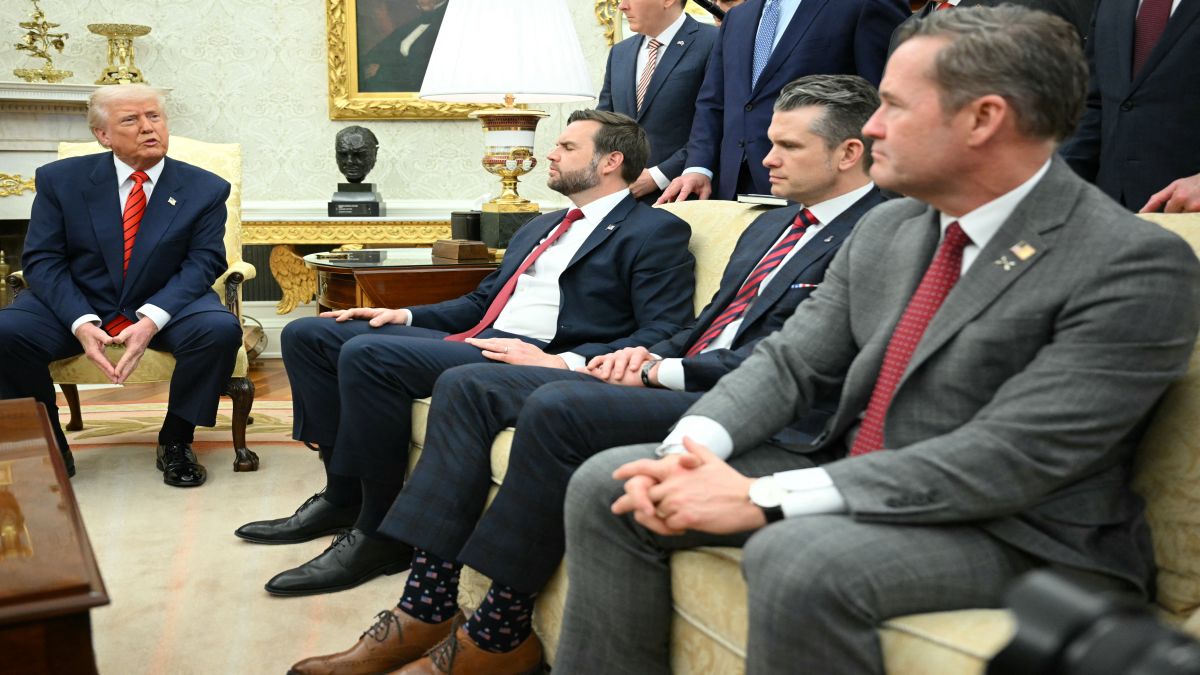)
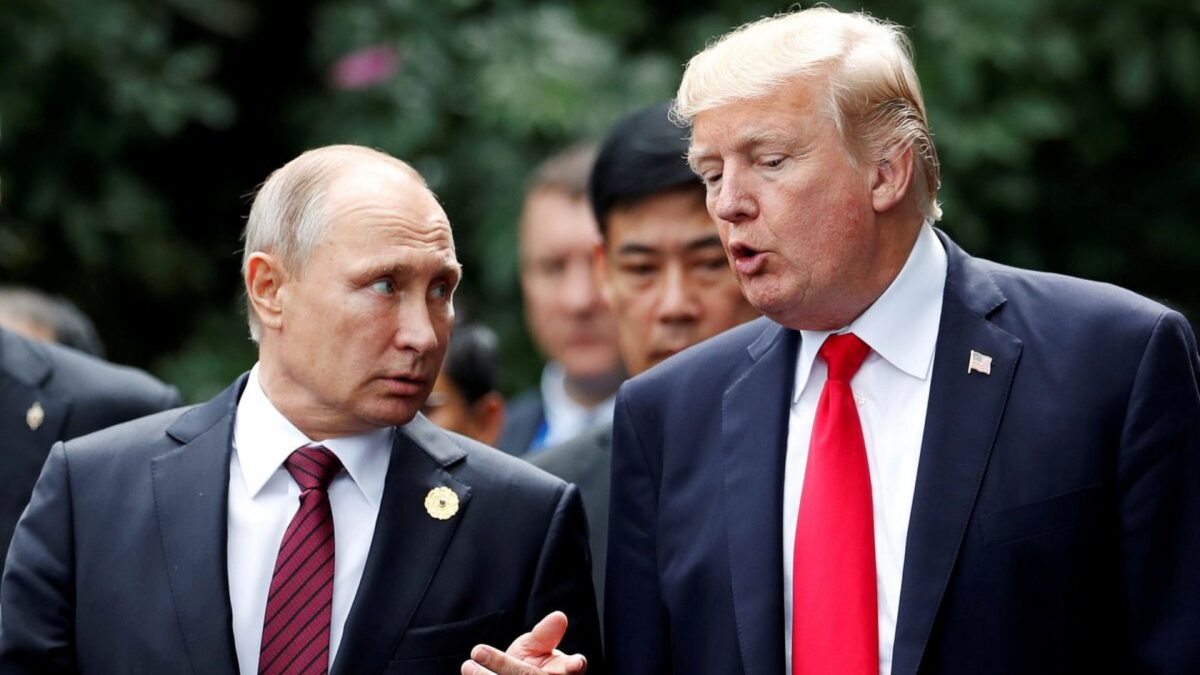)
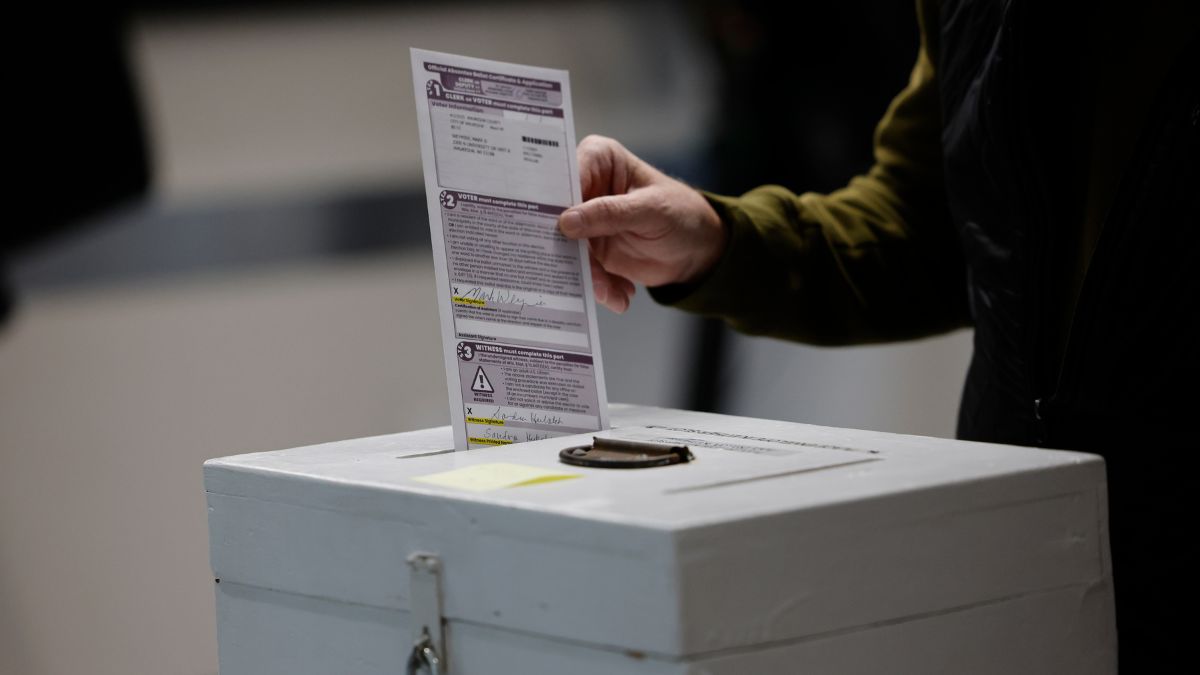)
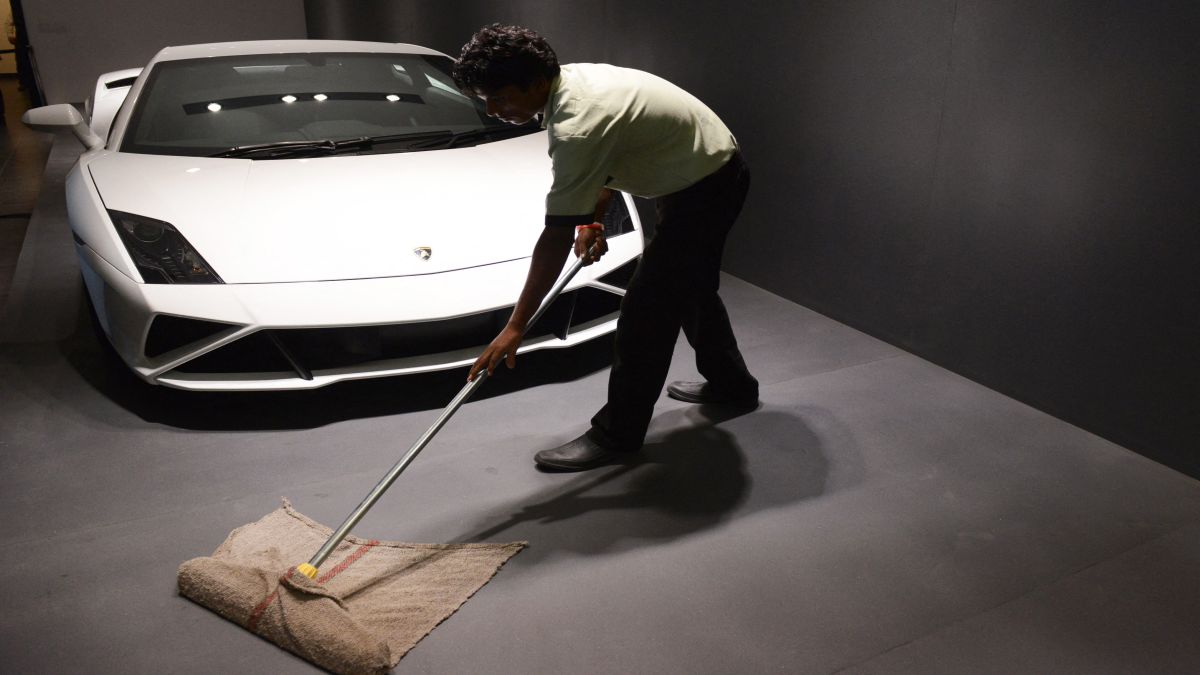)
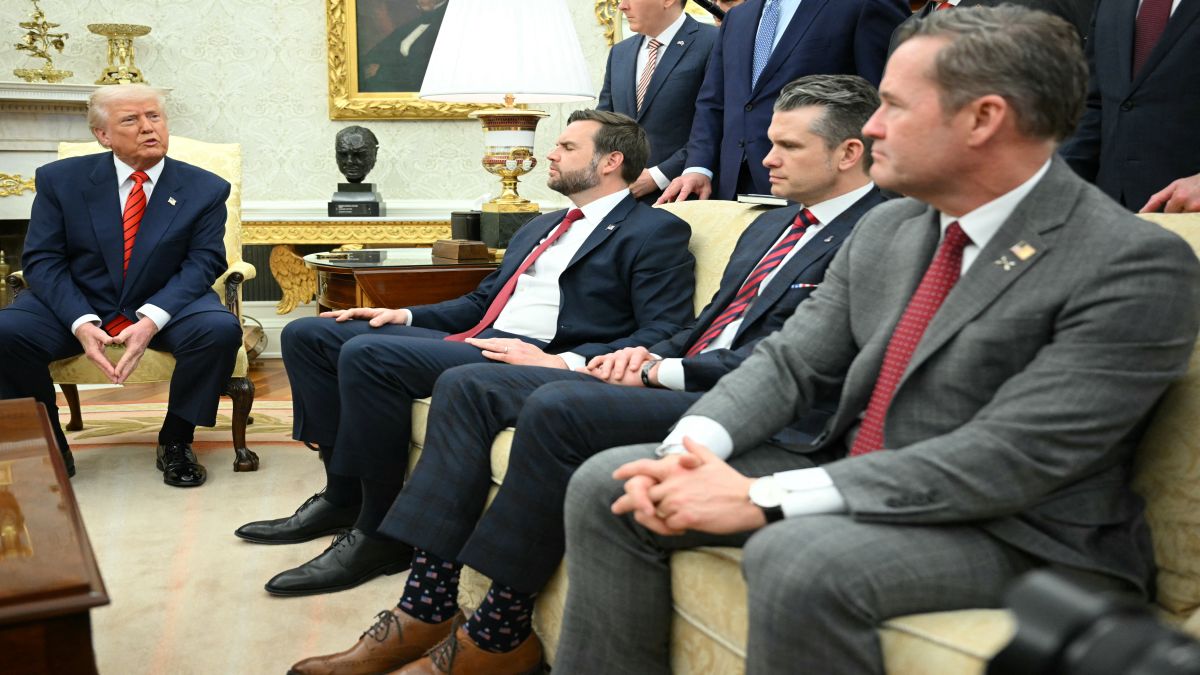)
)
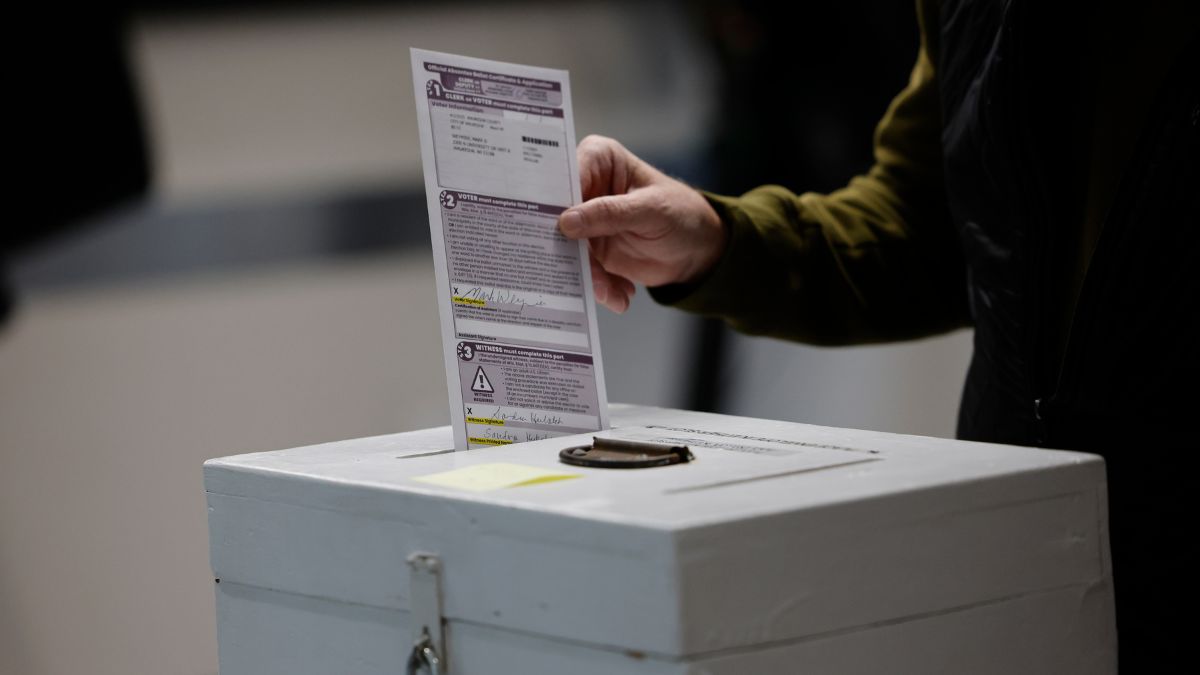)
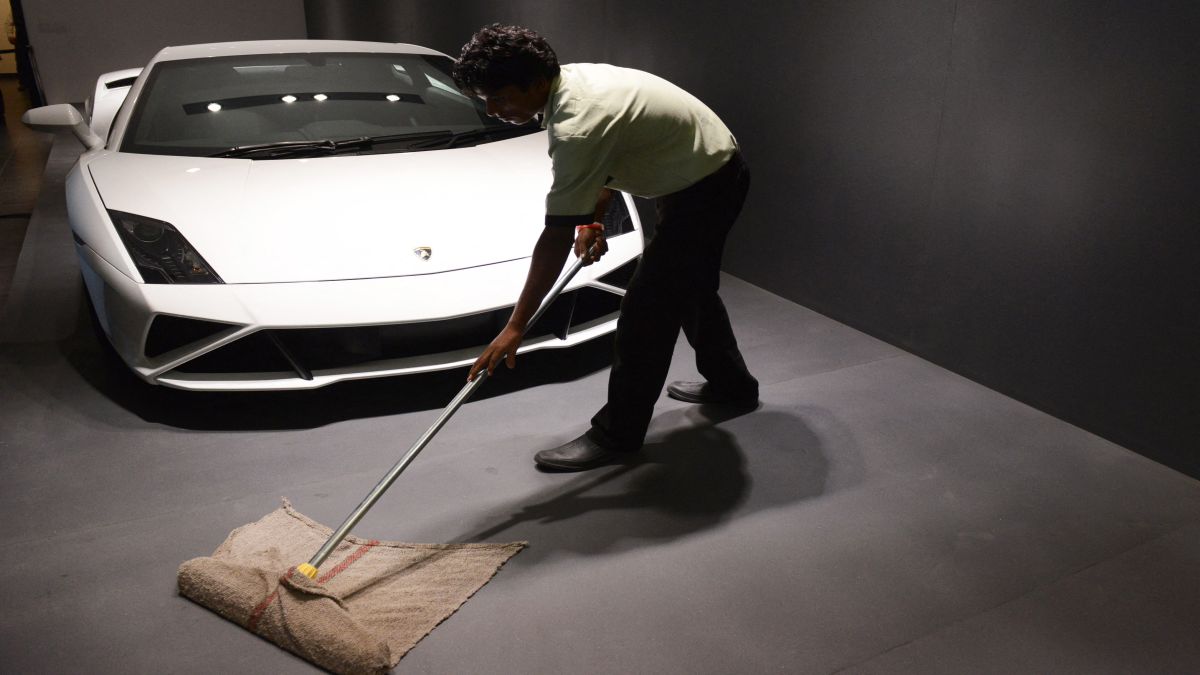)



